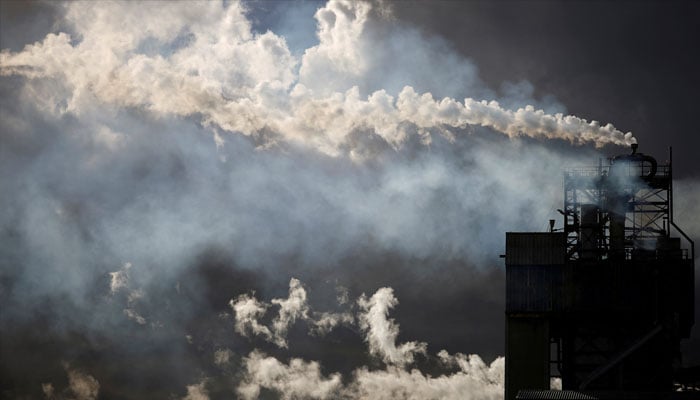'Vague' net zero targets could push global warming past 2°C: experts
Natural carbon sinks — forests, oceans, and soils—currently absorb half of human-made carbon emissions
Scientists have raised alarms over "vague" net zero policies, warning they could allow global temperatures to rise beyond 2°C despite climate action efforts. The warning was issued during UN climate talks in Azerbaijan.
Natural carbon sinks—forests, oceans, and soils—currently absorb half of human-made carbon emissions. These systems are essential for stabilising temperatures after emissions are cut, but some nations are using them to offset current fossil fuel use, risking long-term climate targets.
Myles Allen, an Oxford scientist who pioneered net zero science, stressed that natural sinks cannot address both past and future emissions simultaneously. He highlighted Russia’s approach, where vast forests are used to offset rising fossil fuel consumption, as an example of flawed implementation.
The researchers advocate for "geological net zero," ensuring that every tonne of CO2 from fossil fuels is captured and permanently stored underground. This shift is critical as only 0.1% of emissions are currently handled this way, with the target set at 100% by 2050.
Experts also noted that unclear rules could mislead the world into thinking it is on track for 1.5°C warming while actually heading past 2°C.
Predictions for 2024 indicate record-high carbon emissions and the hottest year in history, underscoring the urgency of clear and effective climate strategies.
-
Shanghai Fusion ‘Artificial Sun’ achieves groundbreaking results with plasma control record
-
Polar vortex ‘exceptional’ disruption: Rare shift signals extreme February winter
-
Netherlands repatriates 3500-year-old Egyptian sculpture looted during Arab Spring
-
Archaeologists recreate 3,500-year-old Egyptian perfumes for modern museums
-
Smartphones in orbit? NASA’s Crew-12 and Artemis II missions to use latest mobile tech
-
Rare deep-sea discovery: ‘School bus-size’ phantom jellyfish spotted in Argentina
-
NASA eyes March moon mission launch following test run setbacks
-
February offers 8 must-see sky events including rare eclipse and planet parade












